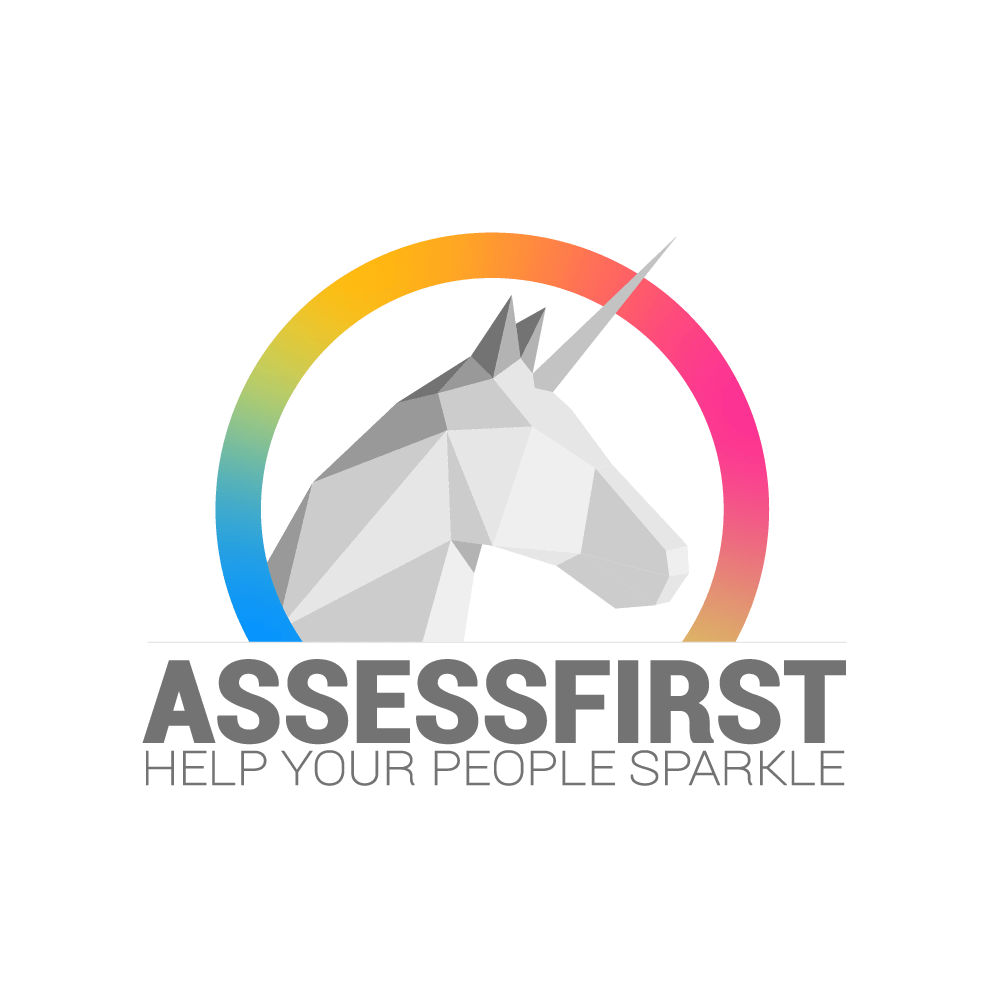In today’s rapidly changing job market, traditional hiring practices focused on past experience are proving insufficient for predicting future success. AssessFirst, a talent analytics platform, is revolutionising recruitment by focusing on cognitive aptitudes, soft skills, and personality. So, in recent conversation with AssessFirst, we found out more about their approach helps to address modern workforce challenges and contributes to overall business success.
Aisha Bushell: How does AssessFirst’s emphasis on cognitive aptitudes and personality differ from traditional experience-based hiring?
AssessFirst: AssessFirst focuses on understanding how individuals think, behave, and solve problems, moving beyond resumes and job titles. This approach emphasises future potential and alignment with team and company culture, rather than relying solely on past experience, which may not always predict success.
Traditional experience-based hiring is becoming less relevant for many roles, especially as the job market evolves. Many roles that exist today didn’t exist 30 years ago, and the same will be true for the future workforce. To prepare for this, organisations need to focus on transferable skills and the soft skills that enable individuals to adapt, learn, and thrive as businesses grow and change.
AB: What impact does this shift have on long-term team performance and retention?
AF: AssessFirst recommends re-assessing motivations every 12 months, ensuring you stay up to date with what drives individuals at different stages of their life. This insight allows you to make relevant adjustments to better align their roles with their current motivations, helping to enhance their engagement and development. By understanding what motivates someone, you can place them in positions that not only match their skills but also support their personal growth and satisfaction.
For instance, our internal mobility tool helps identify roles within your organisation where employees can thrive. Additionally, our Talent Mapper and Affinity tools analyse personality dynamics, allowing you to identify the ways people will interact based on personality and enabling you to foster stronger team dynamics by predicting how individuals will interact and identifying potential challenges. These tools help you create environments where employees can work effectively together over the long term.
Relying solely on experience during hiring overlooks critical factors like motivation and personality fit, which are key to improving retention and ensuring sustainable team performance.
AB: How does AssessFirst’s predictive model ensure that candidates are genuinely aligned with the requirements of the job, team dynamics, and company culture, rather than just matching traditional expectations?
AF: AssessFirst leverages data-driven predictive models to assess how an individual’s traits align with specific job requirements, team dynamics, and company culture. The model continuously learns and refines over time by learning from real-world outcomes, ensuring a holistic evaluation of candidates and matching them to roles where they are most likely to succeed.
Additionally, AssessFirst allows companies to integrate their own internal values into the solution, providing deeper insights into how candidates align not only with role expectations but also with existing teams. This capability helps organisations identify individual and team development opportunities, support succession planning, and pinpoint skill or value gaps within their current workforce.
AB: AI has been recognised as a way to reduce bias, but misuse could introduce new biases or reinforce existing ones. What safeguards has AssessFirst put in place to ensure AI use remains ethical and beneficial, especially in areas such as diversity and inclusion?
AF:AssessFirst’s AI is built exclusively on personality and soft skills data, ensuring that protected characteristics such as age, gender, ethnicity, and socio-economic background are neither collected or factored into candidate evaluations. This approach eliminates the risk of these biases influencing hiring decisions.
Personality data is a more objective and reliable predictor of job success compared to traditional factors like education or location, which can be influenced by bias. Since personality traits are universally distributed across populations, hiring based on these traits promotes fairness and ensures equal opportunities for all candidates, regardless of their background.
AssessFirst’s data-driven tools have led to a 3x increase in diversity and a 50% reduction in staff turnover among its clients.
AB: In a time when soft skills are becoming increasingly crucial, how does AssessFirst measure these skills alongside technical skills, and what role does AI play in accurately assessing and weighting these qualities during candidate selection?
While technical skills remain important for many roles, in today’s modern working world, personality and soft skills are often stronger predictors of performance. For example, if education and years of experience are your only criteria, how do you differentiate between multiple candidates who meet those benchmarks? This is where soft skills, alignment with the role and organisation, and the value a candidate can bring to your culture become critical considerations.
Using assessments like those provided by AssessFirst ensures all candidates are evaluated consistently. These assessments generate a percentage score, clearly showing which candidates best match the role’s requirements and which do not. Beyond identifying top candidates, the data also highlights why certain individuals may not succeed in a given position. This data-driven approach replaces gut instincts and minimises unconscious bias, helping to challenge or reinforce decisions objectively while ensuring a fair and accurate evaluation process.
AB: Your approach has reportedly led to a 20% increase in female representation in later interview stages. Could you share more on how your tools and processes specifically support gender diversity and inclusion, and what other DEI goals you’re aiming to achieve?
AF: AssessFirst uses objective, data-driven insights into cognitive and behavioural traits to minimise biases tied to gender or other demographic factors. This approach has led to some of our customers experiencing significantly increased female representation, particularly in traditionally male-dominated sectors. By focusing on candidate potential rather than demographics, AssessFirst ensures equal opportunities for all candidates and supports broader DEI goals, such as improving representation across underrepresented groups and fostering inclusive workplace cultures.
Across our customer base, organisations have seen an average 3x increase in diversity, encompassing gender, ethnicity, socio-economic background, and neurodiversity. This impact stems from prioritising soft skills and considering candidates who might previously have been overlooked due to unconscious bias. These diversity improvements are accompanied by measurable business benefits, with customers typically experiencing a 40% increase in team performance and a 50% reduction in staff turnover.
AB: What impact has AssessFirst had on candidate experience, especially in terms of candidate engagement and feedback scores?
AF: AssessFirst has significantly improved the candidate experience for its customers by prioritising engagement and delivering meaningful feedback. 86% of candidates fully complete their AssessFirst profiles, and the platform has achieved a 97% global satisfaction rate among candidates.
Upon completing the assessments, candidates receive instant, personalised feedback that includes insights into their talents, areas for development, and career advice. This tailored approach enriches the candidate experience, providing value regardless of the hiring outcome.
AB: Can you share metrics or success stories on how AssessFirst has made a direct impact for its clients?
AF: AssessFirst has recently helped So Energy achieve significant results, becoming market leaders in gender balance and reducing their time-to-hire by over 50%. Before implementing AssessFirst, nearly 70% of So Energy’s candidates at final-stage interviews identified as male. Since introducing AssessFirst in 2023, the percentage of female candidates at final-stage interviews has steadily increased, surpassing the male demographic by 2024.
In addition to improving gender representation, So Energy drastically reduced the time spent per hire. Previously, their hiring process took an average of 20 hours and 40 minutes per hire. With AssessFirst integrated into their candidate journey, this was cut down to 9 hours and 25 minutes—saving 11 hours and 15 minutes per hire.
AssessFirst’s innovative approach to hiring goes beyond experience to evaluate personality, soft skills, and alignment with company culture. By leveraging data-driven insights and ethical AI, AssessFirst helps organisations build high-performing, diverse teams while improving the candidate experience. With proven success in metrics like gender diversity and reduced turnover, it is clear that AssessFirst offers a future-ready solution for recruitment challenges.







